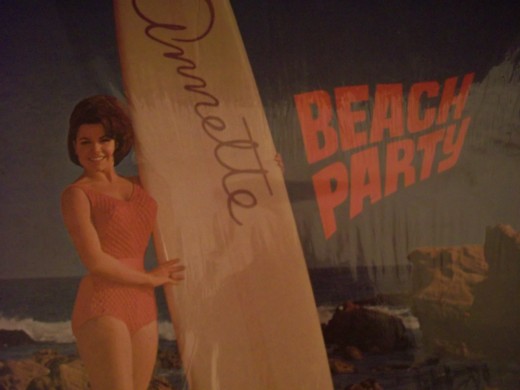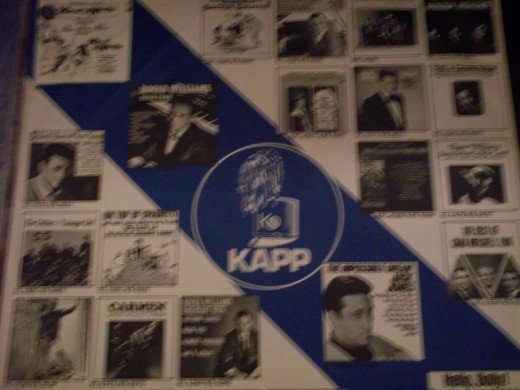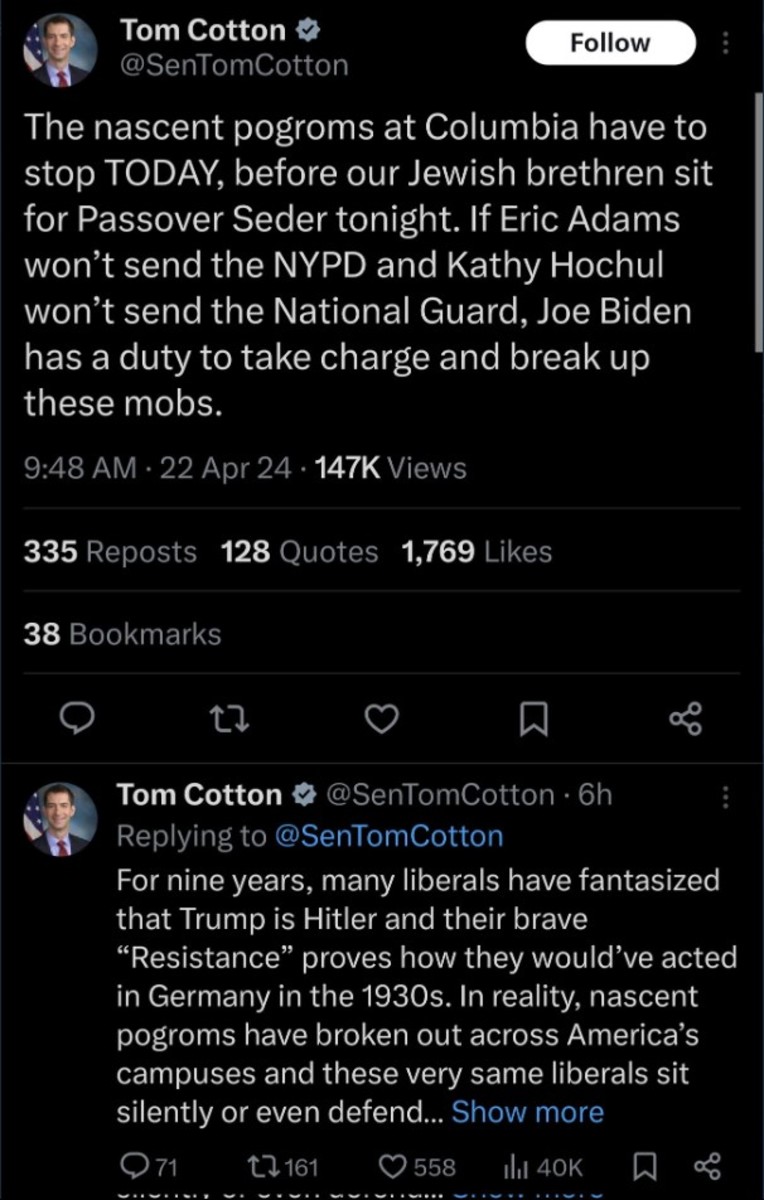Baby Boomers: Their Incredible Music

Major Shifts in Music and Movies During the 1950s and '60s
As the original Baby Boomers were growing up, they probably weren't aware that they were part of the major cultural changes that were sweeping the nation. In addition to the introduction and tremendous growth of TV, the culture was undergoing some dramatic changes. Some of the most dramatic were in the area of music.
Boomers Part 2: What in the world is that rock 'n roll thing?
Up until the mid 1950s, the music scene had pretty much been dominated by the easy listening sounds of crooners like Andy Williams, Perry Como, Rosemary Clooney, the Andrews Sisters, and, of course, Crosby and SInatra. Benny Goodman and Glen Miller were icons of the Big Band era. Then rock ' n roll erupted, and the music scene was All Shook Up (sung by Jerry Lee Lewis) when Bill Haley and the Comets burst into the arena with Rock Around the Clock in 1955. Almost simultaneously, the American music business was rocked to its core by the appearance of a little-known singer and guitarist from the South named Elvis Presley. Previously a singer of Rhythm and Blues, Presley stunned the nation while delighting teen-agers with his gyrations and a vocal prowess that seemed to include every part of his body. Along with Jerry Lee Lewis and Buddy Holly, Elvis Presley's sound was a unique mix of hillbilly and rock which thrilled his audiences. ( Rock 'N Roll suffered a tragic loss in 1959, when Buddy Holly, Richie Valens and The Big Bopper died in a plane crash, and also took a hit when Elvis Presley joined the army and Little Richard turned to the ministry.)
Buoyed by the post-war optimism that had blossomed in this country, the group that had heretofore been a negligible market force became a demographic to be reckoned with. The "Doo Wop" era that had begun slowly in the 1940s took off, and teens were in their glory. Their mantra seemed to be, "We ain't listenin' to our parents' music no more, Daddy-o." Elivis's Hound Dog (incidentally, the first pice of sheet music I got- along with a piano- when I was in the fourth grade) spent eleven weeks at #1 on the charts.
All of this had been preceded by a host of sentimental favorites, like Bing Crosby's White Christmas(1950) and feel-good tunes like Rosemary Clooney's Come Ona My House ( 1951). Songs like Unforgettable (1953), sung by the inimitable Nat King Cole (his daughter would go on to record a duet version after the death of her father) and an upbeat That's Amore (1954) by Dean Martin held their own against the "new" music. The Penguins' Earth Angel and Julie London's Cry Me A River were both released in 1955. Those songs and many others, such as Bing Crosby's True Love (1956) and Thurston's Harris' Little Bitty Pretty One ( 1957), plus vocals such as crooner Pat Boone's Love Letters In The Sand (1958) and Bobby Darin's classic Mack The Knife (also 1958) helped bridge the gap between the "Standards" type of music and the up-and-coming Rock 'N Roll.
Rock 'N Roll and other New Sounds were working their way to the top, though. In 1960 Chubby Checker wowed the country with The Twist , a song that actually promoted gyrating dance moves never seen before, particularly via the explosive new medium of TV. Probably the most consistently driving force that can be credited with promoting the changing music scene was Dick Clark's American Bandstand, which showcased all of the up-and-coming representatives of The New Sound. Ed Sullivan must be given his due, however, for introducing the group responsible for seriously impacting the music scene when he presented The Beatles on his variety show in 1964. (The Boomers were seniors in high school). This marked the beginning of the British Invasion that was to shake the nation and send adoring throngs of young women into screaming fits of hysteria. Some of the other Brits who were members of the Invasion were The Rolling Stones, Herman's Hermits, The Kinks, and Chad and Jeremy.
Looking back, it's amazing how many different styles of music not only co-existed but, indeed, thrived back then. When Barry Gordy put Detroil on the map with the creation of Motown, he opened the floodgates for a host of African American vocalists like "Stars of Soul" Marvin Gaye, James Brown, Aretha Franklin and Stevie Wonder, all of whom went on to achieve unprecedented success. Smokey Robinson and the Miracles, Martha and the Vendellas, The Temptations, the Supremes, and many other groups did likewise. Around the same time, Surf Music groups like The Beach Boys (Barbara Ann, In My Room, Good Vibrations, etc.,etc.) and The Four Freshmen (Surfin') focused on cars, girls, and "fun, fun, fun...." Brian Wilson wrote many of the songs and set the standard for this type of music. Doo Wop featured vocal harmony ( like The Great Pretender , by The Platters) along with nonsensical lyrics (as in Yakety Yak , by the Coasters). Finally, let us not forget the unique music of of the legendary Bob Dylan.
By the late 1960s, Rock Music, basically a combination of Rhythm and Blues, Folk, Country and Jazz accompanied by an electric guitar, had evolved into a variety of sub-genre, e.g., Blue Rock, Folk Rock, and Country Rock. Many of the lyrics focused not only on love but also on politics and social issues. This encouraged political activism and spurred on several social movements, such as the Hippies of San Francisco (and, ultimately, other locations) and major changes in perception of race, sex, and drug use. By 1970, Simon and Garfunkel's Bridge Over Troubled Waters pretty much said it all. By that time the first Baby Boomers were just twenty-four years old. Imagine: they grew up with Elvis Presley, The Beatles, The Supremes, The Beach Boys and all the incredible talent that came in between. The decades of the 1950s and 1960s ushered in a Boom in musical styles and artists, to be sure.







